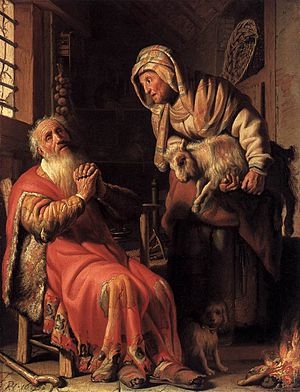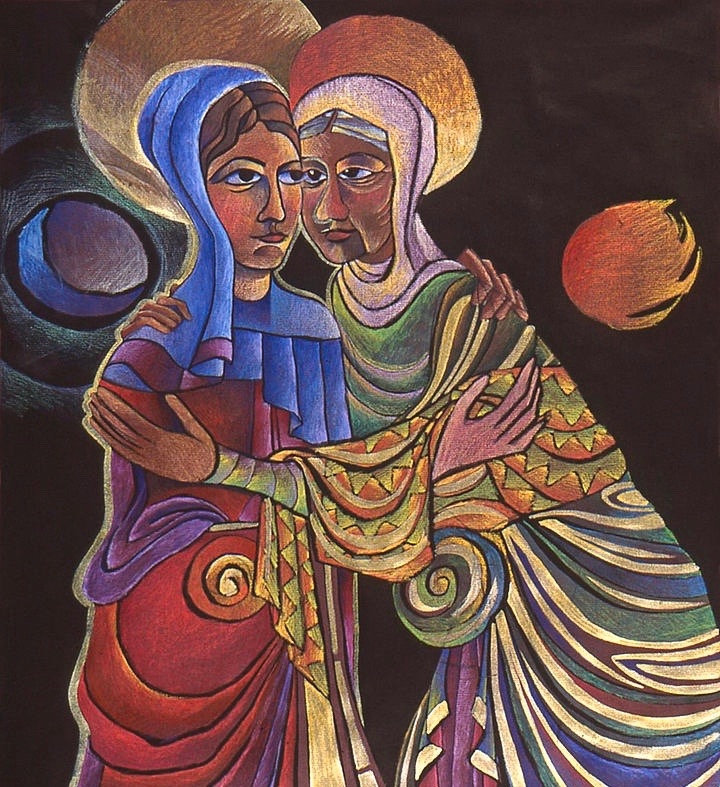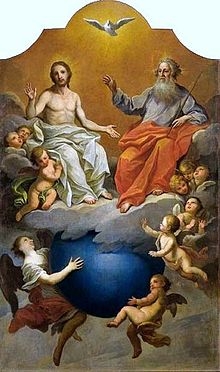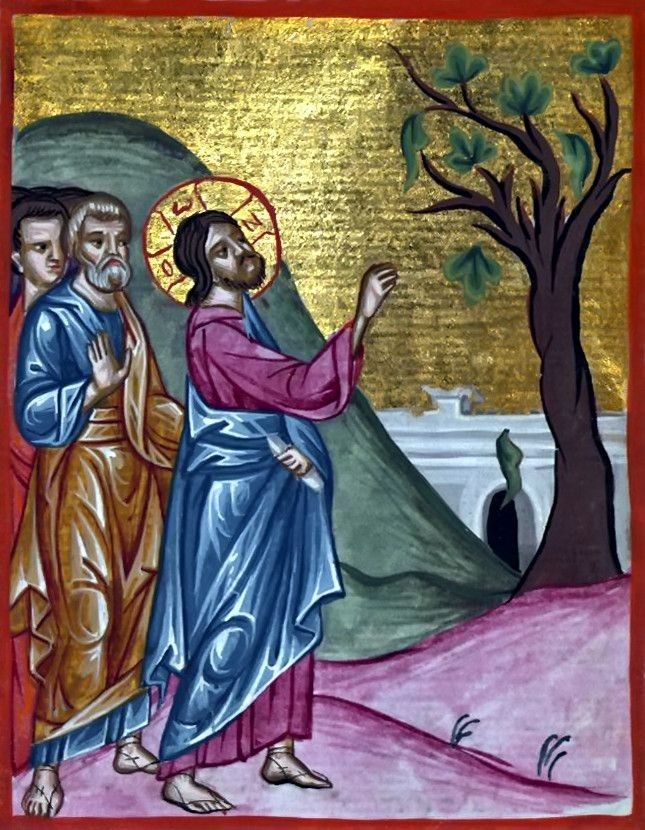These reflections are a result of more than 40 years of ministry as a Roman Catholic priest. Most of these years I spent in the Diocese of Charlotte which covers Western North Carolina. Now I am retired, and live in Medellín, Colombia where I continue to serve as a priest in the Archdiocese of Medellín.

I called to my wife and said: “Where did this goat come from?
Perhaps it was stolen! Give it back to its owners;
we have no right to eat stolen food!”
She said to me, “It was given to me as a bonus over and above my wages.”
Yet I would not believe her,
and told her to give it back to its owners.
I became very angry with her over this.
So she retorted: “Where are your charitable deeds now?
Where are your virtuous acts?
See! Your true character is finally showing itself!”
(Tobit 2:9-14)
Even for saints, domestic life can be a bit stressful, as this reading from the Book of Tobit illustrates. The just man can “lavishly give to the poor,” as today’s psalm points out, but if he wants domestic tranquility, he had better make sure he’s cleared it with his wife first.

Elizabeth, filled with the Holy Spirit,
cried out in a loud voice and said,
“Most blessed are you among women,
and blessed is the fruit of your womb.
And how does this happen to me,
that the mother of my Lord should come to me?
For at the moment the sound of your greeting reached my ears,
the infant in my womb leaped for joy.
Blessed are you who believed
that what was spoken to you by the Lord
would be fulfilled.”
(Lk 1:39-56)
The Visitation is an intimate exchange between to important women in the Scriptures reflecting on God’s mysterious, joyful plan of salvation.

Then Jesus approached and said to them,
"All power in heaven and on earth has been given to me.
Go, therefore, and make disciples of all nations,
baptizing them in the name of the Father,
and of the Son, and of the Holy Spirit,
teaching them to observe all that I have commanded you.
And behold, I am with you always, until the end of the age."
(Mt 28:16-20)
Our experience of God as a community of persons, yet one only God, is a mystery that invites us to delight in what we cannot fully comprehend but that we know to be true.

Responsorial Psalm (Psalm 19)
R. The precepts of the Lord give joy to the heart.
They are more precious than gold,
than a heap of purest gold;
Sweeter also than syrup
or honey from the comb.
R. The precepts of the Lord give joy to the heart.
Sweeter than honey from the comb . . . what a description of the Lord’s commands!

Alleluia
R. Alleluia, alleluia.
I chose you from the world, to go and bear fruit that will last, says the Lord. (Jn 15:16)
R. Alleluia, alleluia.
Hopefully, we do bear lasting fruit and don’t end up like the poor fig tree that Jesus cursed.



